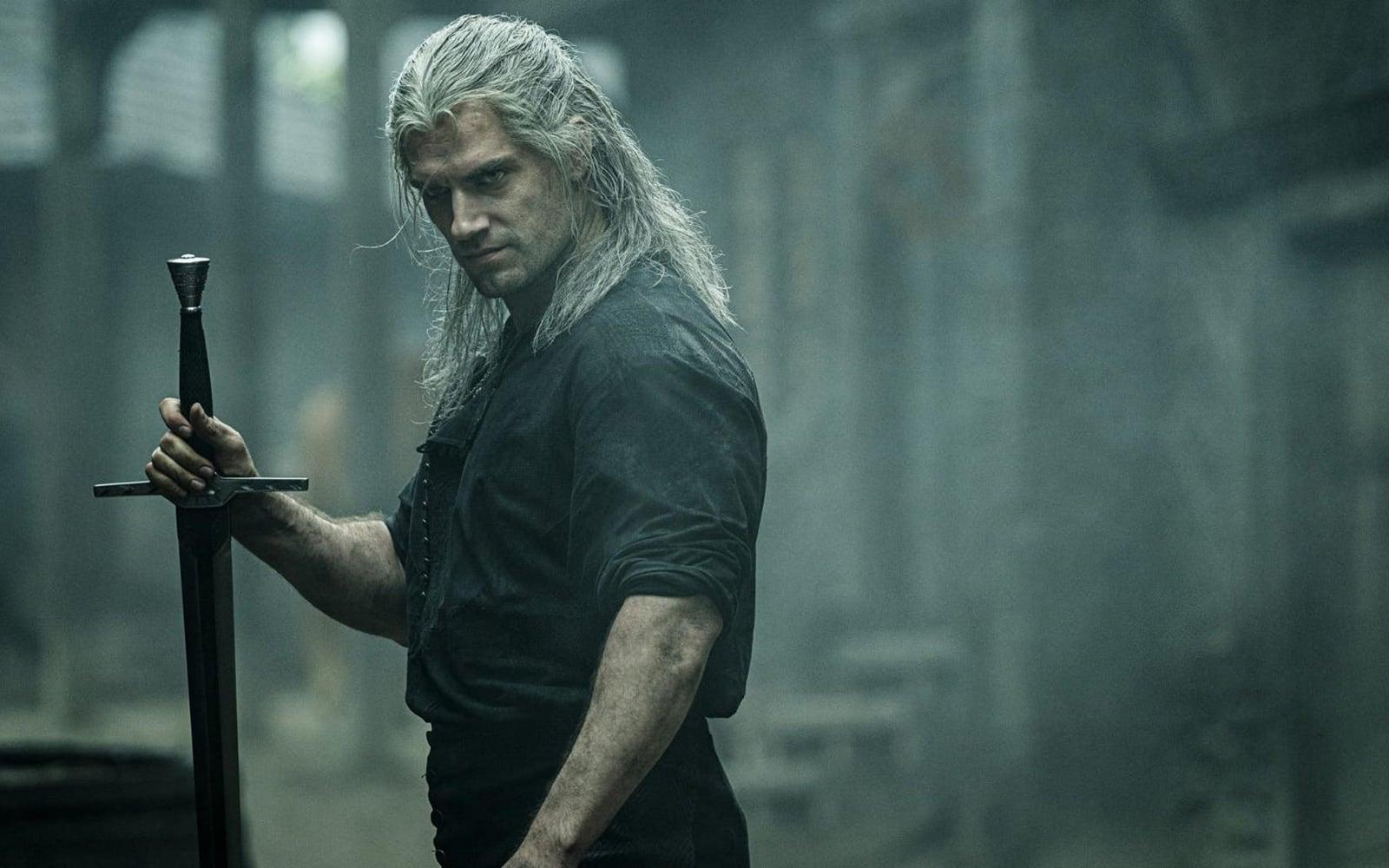Giving Up On The Witcher

I wanted to like The Witcher, and truth be told, I still want to. I want there to be good, original epic fantasy TV series and movies that can exist outside the shadow of Game of Thrones and Lord of the Rings. But for all its genre trappings, The Witcher is not such a title. At least, not for me… not anymore.
Set in a vast land simply called the Continent, The Witcher chronicles the adventures of Geralt of Rivia, a taciturn and cynical monster hunter who uses swords and spells to hunt and kill his prey. Though hired by the citizens of the Continent’s various kingdoms to rid them of beasts and fiends, he’s often viewed with distrust due to his inhuman origins. But when war breaks out between two rival kingdoms, Geralt’s fate becomes intertwined with that of a young princess who possesses unimaginable power and a sorceress trying to find her place in the world.
On its surface, The Witcher has much to recommend it, including a vast mythology and a suitably bad-ass protagonist. Netflix has clearly spent a pretty penny bringing the stories of Polish author Andrzej Sapkowski to life, with filming and production occurring throughout Hungary, Poland, and Spain. And it boasts a broad and diverse cast led by Henry Cavill (Mission: Impossible – Fallout, Justice League), who pours himself wholeheartedly into the character of Geralt.
But none of that matters when the results are this jumbled and gratuitous.
It certainly doesn’t help that the series begins in a rather messy fashion. Time and again during those early episodes, I kept thinking that I should be understanding what’s going on with Geralt et al. better than I actually do. It’s not until the fourth episode that you discover that the series is actually depicting multiple timelines spread across five decades, a revelation that’s surprisingly annoying.
The fractured storytelling comes off as an unnecessary gimmick or attempt at cleverness rather than something that actually aids the narrative. When combined with all of the characters, places, and other references — all, I assume, pulled faithfully from Sapkowski’s stories — it proves unnecessarily confusing and overwhelming. I’m not saying that The Witcher could’ve benefited from a Lord of the Rings-style prologue, but I’m not not saying that, either.
But more egregious and annoying is The Witcher’s gratuitous nudity. In spite of its creator’s claims, The Witcher seems to have fallen into the same trap as did Game of Thrones, i.e., believing that displays of naked female flesh — and it’s always female flesh, isn’t it? — are somehow necessary to tell more “adult” or “mature” stories. But that’s really just a cop out. As one of my co-workers joked, the nudity often seems to be there only to “enhance” certain scenes — like the nude women walking around the wizard’s tower in episode one, or the ridiculous orgy in episode five — rather than serve any actual storytelling purpose.
It doesn’t help, either, that The Witcher is all over the place, tonally speaking. One moment, it’s delving into horror as Geralt battles monstrous creatures, or exploring man’s inhumanity to man (and other races), or depicting the cruelty of war and politics. The next, it’s all crass bedroom humor and cheesy bard jokes and songs that seem better suited to an episode of Xena: Warrior Princess. So when the nudity does appear on screen, how are we to take it? Proof that society on the Continent is callous and depraved? A little R-rated fun for consenting adults? A softcore appeal to “the pervert side of the audience”?
To be fair, one exception to all of this occurs in the third episode, “Betrayer Moon,” when the sorceress Yennefer undergoes a horrific ceremony to re-sculpt her deformed body. The nudity on display here is far from titillating. Rather, it shows, in graphic and gory detail, just how far she’s willing to go in pursuit of power. But this scene’s the exception that proves the rule.
I’ll admit that I may be more sensitive to this than most of The Witcher’s audience, who are likely coming to the show with greater knowledge of Sapkowski’s original stories or the acclaimed video game adaptations. But watching the aforementioned scenes, I couldn’t help but think of Emilia Clarke’s recent revelations concerning the pressure she was put under to appear nude in Game of Thrones, and Hollywood’s long, sordid history of compelling women to bare it all for the screen for no reason other than satisfying the male gaze.
That, and the frustrating fact that many genre shows seem compelled to include (female) nudity as if to confirm that they really, truly are for adults. Which to my mind, reveals a lack of faith in the reality that there’s nothing inherently kid-centric about sci-fi and fantasy; that’s just a failing of our culture. In other words, you don’t need to tart the genre up with T&A in order to make it “safe” for adults; you just need to be more imaginative, which is what sci-fi and fantasy are all about, anyway.